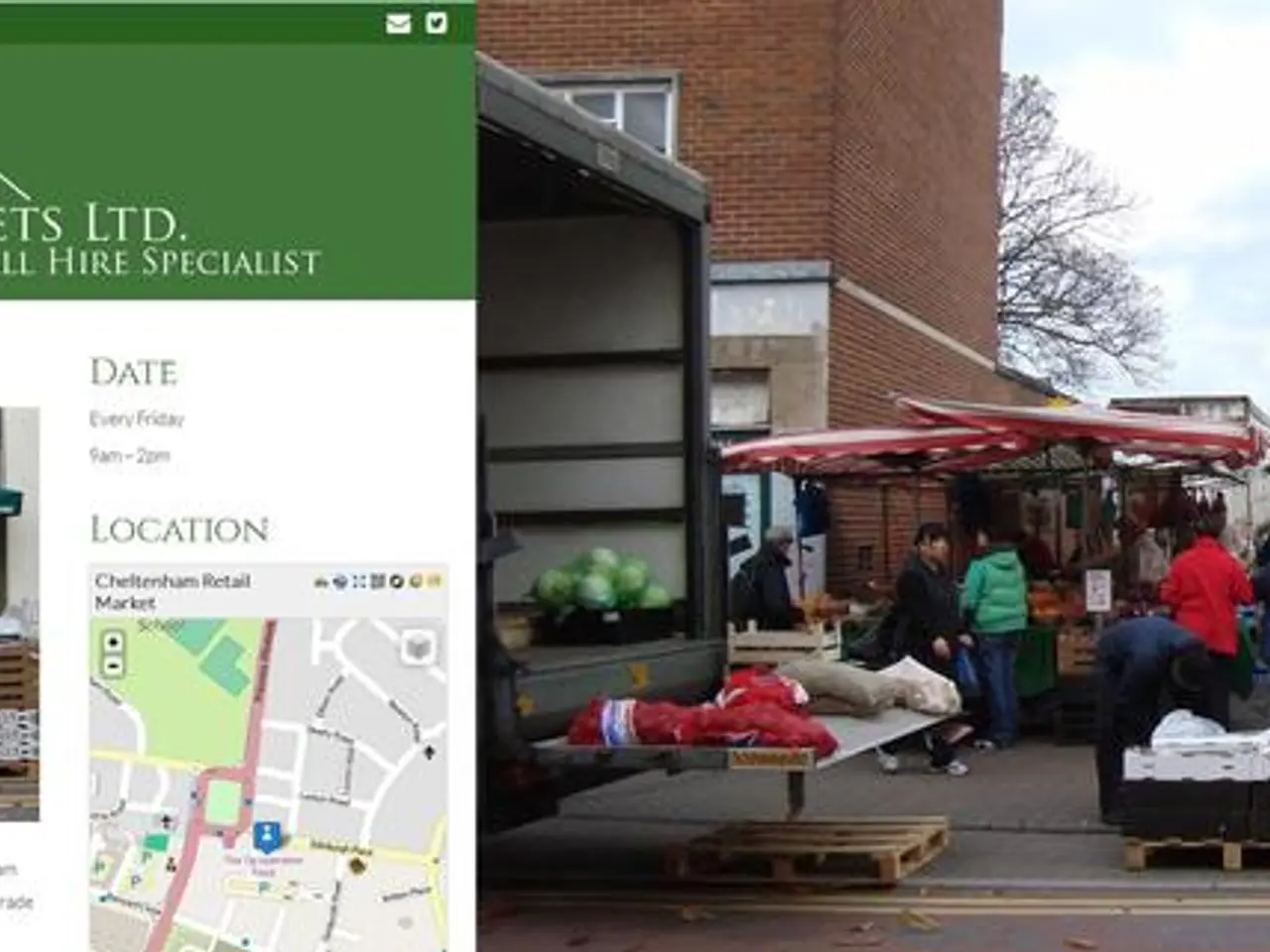Kuwait Plans to Extend Boursa Operating Hours and Restructure Auction Process to Increase Market Appeal
The Kuwait Stock Exchange (KSE) is set to undergo significant changes, with the announcement of extended trading hours by an additional half hour. This move is part of Phase Three of Kuwait’s Market Development Program under its Vision 2035 economic diversification plan, focused on boosting private sector participation and modernizing the financial sector.
Key changes being introduced include the implementation of a central counterparty clearing (CCP) framework, upgrading brokerage standards to “Qualified Broker” status, streamlining settlement systems with the KASSIP cash settlement system, and introducing sub-account numbering to enhance transparency. The stock exchange has also upgraded its IT infrastructure to support the future listing of new investment products such as exchange-traded funds (ETFs), Islamic bonds (sukuk), and other fixed-income instruments.
These reforms aim to align Kuwait’s financial market infrastructure with global standards, reduce operational and settlement risk, increase market transparency, depth, and liquidity, and expand the range of investment products available to investors.
The updates to the closing auction mechanism are expected to better align with the requirements of global benchmarks. The modernization of the closing auction mechanism aims to strengthen the integrity of closing prices, an essential reference point for market indices and ETFs, and align with the requirements of global benchmarks. Key changes to the closing auction mechanism include greater flexibility in auction duration, the ability to amend orders, and more transparent, volume-weighted pricing formulas.
Extensive technical testing will be conducted involving key stakeholders, including the Kuwait Stock Exchange, the Kuwait Clearing Company, and local brokerage firms, to ensure system upgrades can be implemented without compromising execution speed or operational efficiency. The extension of trading hours will offer investors more time to execute trades efficiently and adapt to shifting market dynamics, while the updated auction system is intended to offer a more stable and transparent environment that meets the expectations of both regional and international investors.
These changes represent a strategic transformation to position Kuwait as a leading regional financial hub that supports sustainable economic growth and opens new horizons for foreign investment in the Gulf markets. Aligning with regional markets like the Saudi Stock Exchange and the Abu Dhabi Securities Exchange is expected to facilitate comparisons, enhance cross-border investments, and help attract international financial institutions. The extended trading hours are expected to offer a more attractive platform for both local and foreign investors, marking the first change in trading hours in nearly two decades.
By upgrading infrastructure and regulatory frameworks, the Kuwait Stock Exchange seeks to create a more efficient and resilient trading environment that meets international best practices, thereby enhancing its competitiveness regionally and globally. This environment is intended to attract foreign institutional investors by reducing operational friction and settlement risk, boosting investor confidence, and providing new avenues for investment diversification through ETFs, sukuk, and bonds.
In conclusion, the dual reform of longer trading hours and a revamped auction system is poised to support Kuwait's ambitions of becoming a more dynamic financial hub, contributing to its economic growth and attracting foreign investment.
- The changes in Kuwait's financial sector, such as the implementation of a central counterparty clearing framework and the extension of trading hours, aim to align with global standards and increase market transparency, depth, and liquidity in the banking-and-insurance, business, and finance industry.
- As a result of upgrading its infrastructure and regulatory frameworks, the Kuwait Stock Exchange hopes to attract foreign institutional investors, not only from the private sector but also from regional and international finance, expanding the range of investment products available to investors, including exchange-traded funds (ETFs), Islamic bonds (sukuk), and bonds.




